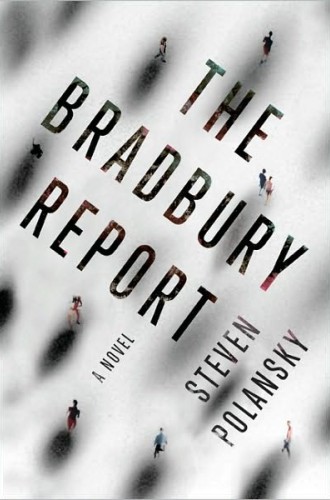A review of The Bradbury Report
The year is 2071 when the narrator of this novel, who calls himself Ray Bradbury to conceal his identity, begins his report. The report details the year he spent living with his own clone in various apartments in Canada, hiding from the U.S. government and supported by an anticloning group.
The conceit of the novel is that the United States has developed human cloning as a medical resource, and hundreds of millions of clones are now institutionalized in an area of the U.S. known as the Clearances. There they live, breathe, work, give up their parts for harvesting, and die without ever seeing the outside world. Ray's clone, made for his medical use in case he would ever need spare parts, somehow escapes the Clearances and is found by an anticloning group, which develops a plan to use the clone as a protest against cloning.
This is a complicated premise, and it may mislead casual readers into thinking that they are picking up a science fiction novel or a political thriller. The book is neither. Rather, it draws on the tradition of dystopic and speculative fiction, fiction like George Orwell's 1984 and Ray Bradbury's Fahrenheit 451, to probe deeply into questions about human nature, purpose and embodiment. It's a beautifully rendered story, never overplaying its cards. At the same time, it's a harsh and difficult piece of work, worthy of but unlikely to find a wide audience.





